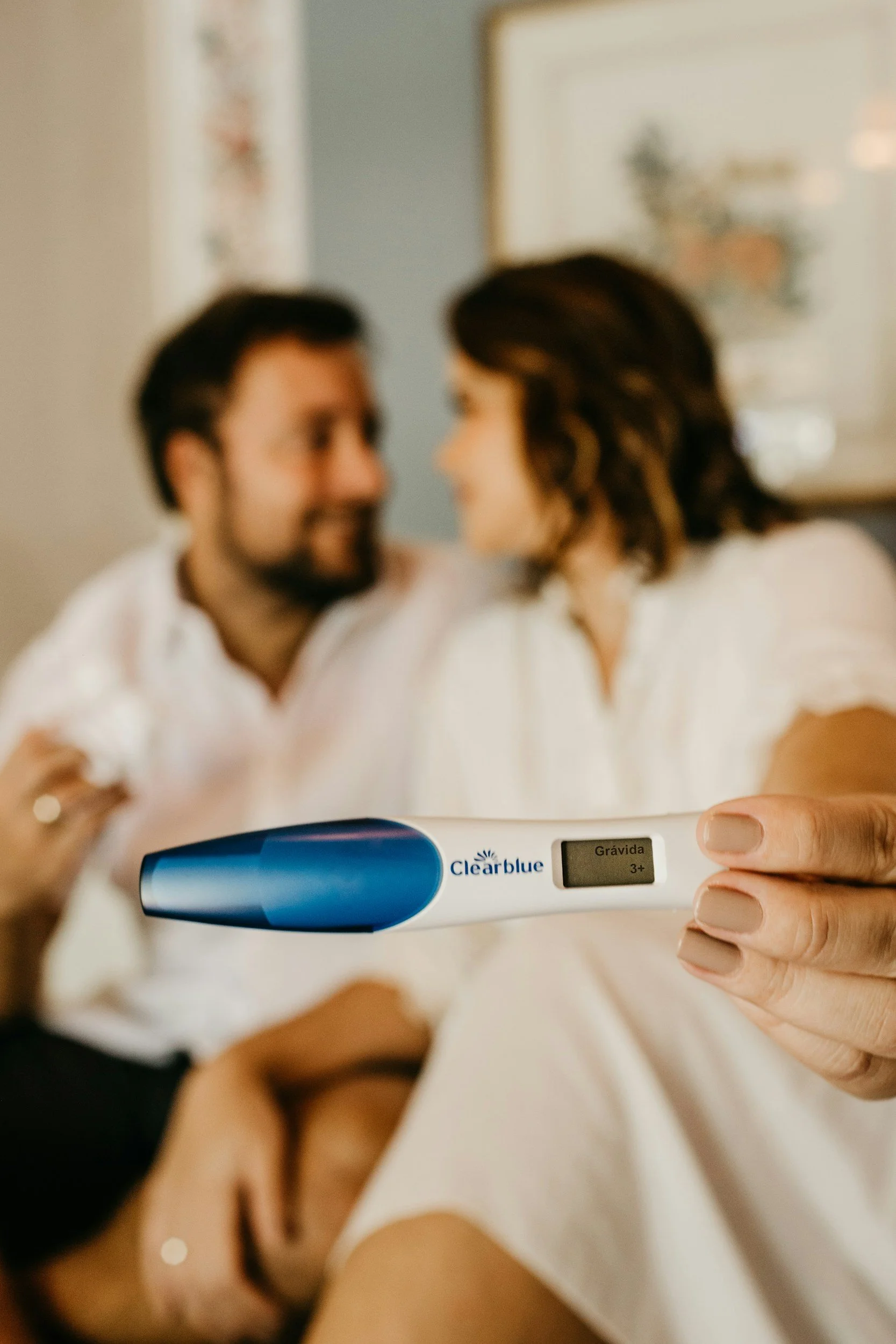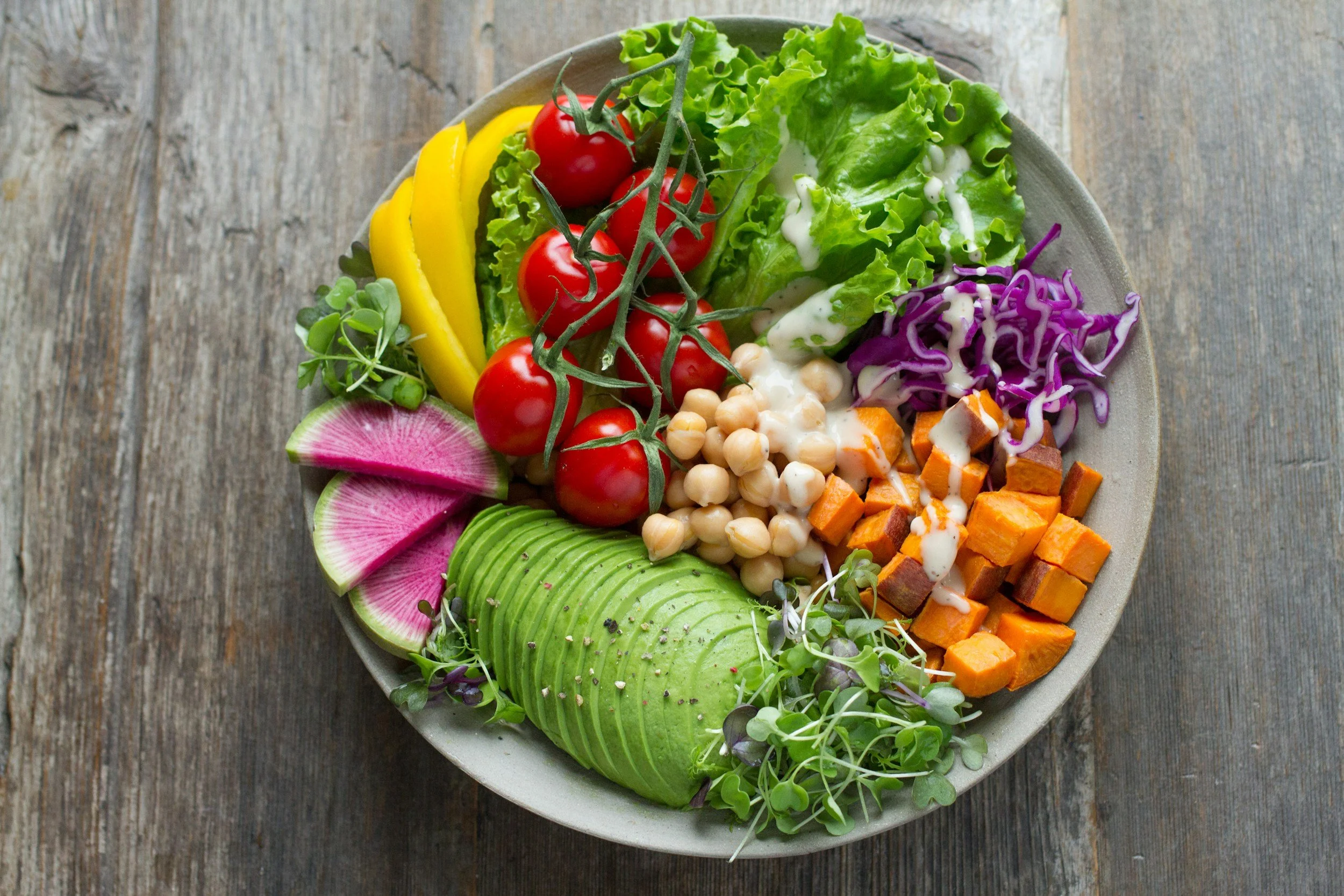Under-fueling: The Hidden Barrier to Fertility & Hormone Health
By Kristy Wiseman - Accredited Practising Dietitian
As an accredited practising dietitian specialising in fertility and women’s health, I often see clients doing their best to “eat well”. They’re cutting back on processed foods, watching portions, or skipping snacks in an effort to be “healthy”. But, what many don’t realise is that eating too little can be just as harmful as eating too much - especially when it comes to fertility, PCOS, and endometriosis.
What is under-fuelling?
Under-fuelling happens when your body isn’t getting enough energy (a.k.a calories), protein, or key nutrients to meet its needs. Sometimes it’s intentional - driven by diet culture or the desire to lose weight, and other times, it’s unintentional - life gets busy, appetite is low, or you’re cutting out certain foods for gut or hormone reasons.
Over time, your body senses that energy is scarce, and this triggers a cascade of hormonal changes designed to conserve energy, which can have major effects on your reproductive and metabolic health.
Signs you might be under-fuelling
You don’t have to be skipping meals entirely to be under-fuelling. Some common signs include:
Persistent fatigue or low energy
Feeling cold or dizzy
Poor recovery from exercise
Irregular or missing periods
Constant cravings (especially for carbs or sweets)
Hair loss or brittle nails
Trouble concentrating or mood changes
How under-fuelling affects your body.
When you’re consistently under eating, your body prioritises survival over reproduction.
This can lead to:
Irregular or absent periods -> low energy availability affecting the communication needed for ovulation.
Lower oestrogen and progesterone levels -> impacting egg quality, endometrial health, and implantation.
Reduced thyroid function -> contributing to fatigue, low mood and feeling cold.
Muscle loss and slower metabolism -> making it harder to maintain strength and energy.
Under-fuelling & Fertility:
If you’re trying to conceive, adequate nutrition is essential to support ovulation, hormone production, and the growth of a healthy uterine lining.
Even a modest calorie deficit or skipping meals can lower luteinising hormone and suppress ovulation, meaning you may not release an egg each month, even if your cycle looks “regular.”
In men, under-fuelling can lower testosterone and sperm quality.
Under-fuelling & PCOS:
Many people with PCOS are told to “just lose weight”, but excessive restriction or cutting out carbs can worsen symptoms.
Undereating can increase stress hormones like cortisol, reduce insulin sensitivity, and worsen cravings or binge eating episodes.
Instead, try eating regular, balanced meals with sufficient protein, carbohydrates, and healthy fats as this will help to stabilise blood glucose levels and support ovulation.
Under-fuelling & Endometriosis:
With endo, fatigue and pain can already make daily life a challenge. Skipping meals or under eating only compounds this, leaving you more tired and inflamed.
Endometriosis increases nutrient demands, from iron and omega-3s to antioxidants, so meeting your energy and nutrient needs is key to supporting energy, hormone balance, and healing.
Tips for nourishing your body
Eat regularly: Aim for three main meals and 1–2 snacks per day.
Include all food groups: Carbs, protein, and fats all play a role in hormone and energy balance.
Add “buddy snacks”: Pair carbohydrates with protein or healthy fats for steady energy (think fruit + nuts, yoghurt + berries, wholegrain toast + avocado). Get my FREE guide.
Don’t fear carbs: Wholegrains, fruits, and starchy vegetables fuel your brain and reproductive system.
Check in with a dietitian: Individualised support can help ensure you’re eating enough to support your goals, fertility, and cycle health. I’d love to help!
Under-fuelling is more common than you might think, especially among women juggling busy lives, health goals, or confusing nutrition advice. But nourishing your body consistently and adequately is one of the most powerful ways to support your hormones, fertility, and long-term wellbeing!
If you suspect you might be under-fuelling or aren’t sure if you’re eating enough for your body and goals, I’d love to help.
*Disclaimer:
This blog post provides general guidance only and is not intended to replace individualised dietary advice. Nutritional requirements vary based on body size, activity levels, life stage, and medical conditions. Always seek advice from an Accredited Practising Dietitian or qualified health professional before making changes to your diet.




